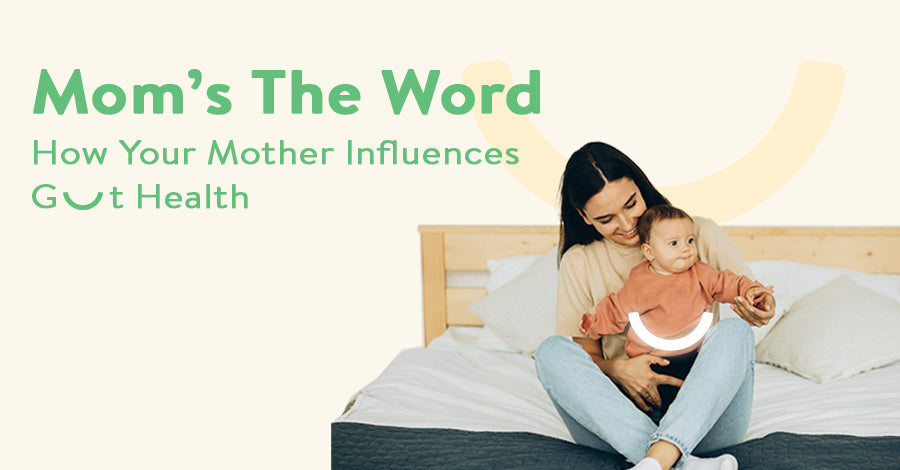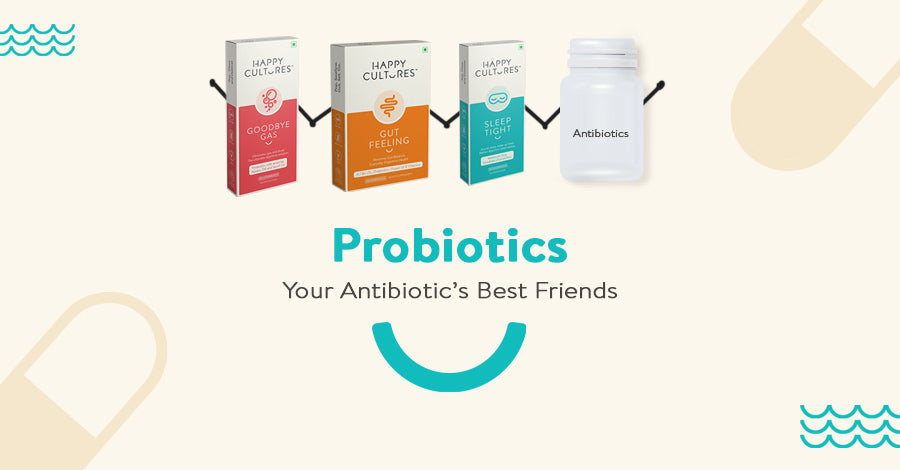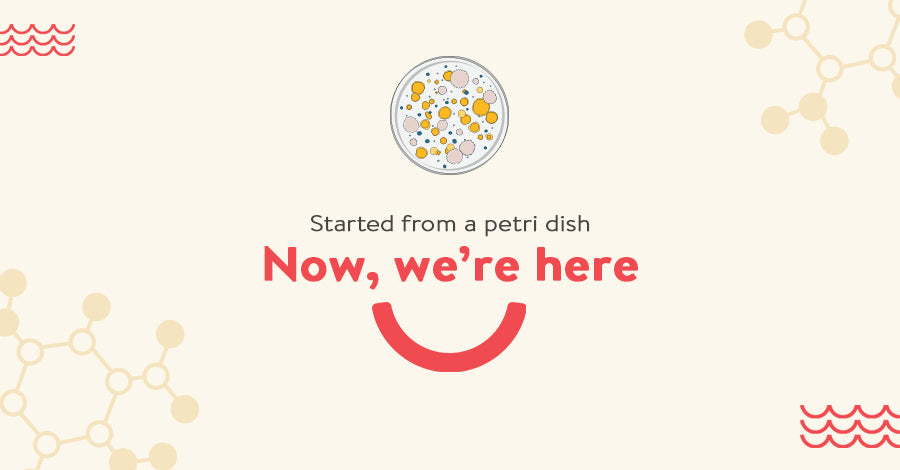In 2014, a fascinating documentary, ‘Microbirth’ was released by directors Toni Harman and Alex Wakeford. The documentary highlighted the complexities of the involvement of the microbiome in infant health and development. It made widespread the latest developments about ‘seeding and feeding’ of the infant microbiome during pregnancy, birth, and breastfeeding.
The first 1000 days – the developing microbiome
There are over 400 species of bacteria inside our gut, forming a complex network of symbiotic relationships with crucial effects on our functioning. Decades of research has suggested the important role the maternal microbiome plays in for optimal training of the immune system and for lifelong health.
How does the gut microbiome form?
There are two major theories hypothesized for the formation of the gut microbiome in infants –
I) The mother’s microbiome sends messages to the baby’s microbiome through breast milk and placenta.
II) During vaginal birth, microbes are transferred from the mother’s microbiome to her baby, influencing how the baby’s microbiome develops. This is known as ‘seeding’.
A 2019 study conducted by University of Pennsylvania1, published in Nature, suggested babies gain a microbiome at birth through the maternal birth canal. Whilst this happens during natural birth, children born through caesarean births lose out on this very crucial microbial addition to their immune system.
How do probiotics help?
Studies have shown that a baby has a remarkably reduced risk of developing allergic symptoms when the mother takes probiotics. In a study conducted2, women were given Lactobacillus rhamnosus LGG strain during pregnancy and breastfeeding (or in the baby formula if they were not breastfed). It was observed that these babies had a 50% lowered risk of developing eczema compared to babies whose mothers were given a placebo.
When the babies were 4 and 7 yrs old, the positive effect had in fact remained, thereby confirming the belief that the probiotic had a long-term beneficial effect.3,4
Reference Texts
1. ‘Baby Thrivers – Is a Person’s Future Health Shaped by Microorganisms Encountered Early in Life’, S18, Nature, Vol 555, 8 March 2018
2. Kalliomaki M, et al. Probiotics in primary prevention of atopic disease: a randomized placebo-controlled trial. Lancet. 2001;357(9262):1076-9. (PubMed)
3. Kalliomaki M, et al. Probiotics during the first 7 years of life: a cumulative risk reduction of eczema in a randomized, placebo-controlled trial. J Allergy Clin Immunol. 2007;119(4):1019-21. (PubMed)
4. Dotterud CK, et al. Probiotics in pregnant women to prevent allergic disease: a randomized, double-blind trial. Br J Dermatol. 2010;163(3):616-23. (PubMed)





